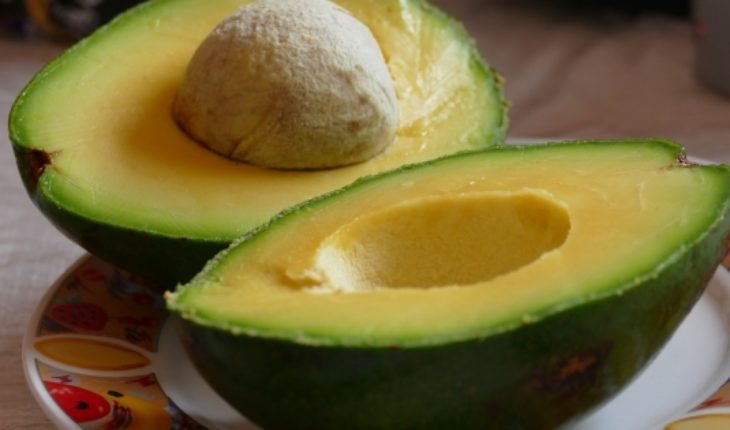Avocado is a fruit that stands out not only for its flavor, but also for its healthy properties, which are not scarce. It is an ancient plant whose origin is found in Central America and Mexico. Today, it is one of the favorite crops for many people because it has been shown to possess a myriad of food properties, highlighting its high concentration of proteins and unsaturated oils.
Thus, it has become a popular food among people looking for a healthy lifestyle. It is sometimes labeled as a “superfood” for the health benefits it has. The plasma content includes a wide variety of nutrients, including 20 vitamins and minerals. For example, a portion of avocado is vitamin K, folic acid vitamin C, potassium, vitamin B5, vitamin B6 and vitamin E.
Moreover, according to the Spanish Food Composition Database (BEDCA), 100 grams of this fruit contain: energy (137 kcal), water (78.8 g), proteins (1.5 g) and fats. (12 g).
Of the fats, 9.01 grams correspond to monounsaturated, which correspond to the healthiest. It is also a key food for people who play sports. It provides nutrients very suitable for cases of muscle overactivity (especially minerals such as potassium and magnesium), as well as energy wear (it is rich in lipids and carnitine, which helps its use).
It is highly recommended for pregnant women, or who wish to be pregnant as it is an important complementary source of energy and folic acid, a vitamin that helps prevent premature births, as well as defects in the formation of the brain and marrow Spinal.
A great source of antioxidants
One of the great benefits of this fruit is its high antioxidant content. Their richness in vitamin A, vitamin E and vitamin C, gives them this power.
Researchers at Pennsylvania State University in the United States have found that the antioxidants characteristic of avocado reduce the oxidation of small, dense LDL cholesterol particles. These are the main ones responsible for the formation of atheroma inside our arteries, which can very easily cause a thrombus that, in turn, can cause a heart attack.
LDL cholesterol
The avocado not only lacks cholesterol, but tends to reduce it if it is elevated. That is why it is appropriate to consume it to prevent the occurrence of problems such as atherosclerosis (lack of flexibility of arterial walls) or coronary heart disease.
Avocado fats are unsaturated and normalize cholesterol, reducing LDL or "Bad boy" and increasing HDL or "Well". DL stands for low-density lipoproteins in English. A high level of LDL leads to a buildup of cholesterol in the arteries, causing these coronary heart disease.
When this additional LDL, along with other substances, forms a plaque and it builds up in the arteries, known arteriosclerosis occurs.
Coronary artery disease occurs when plaque buildup is in your heart’s arteries. This causes the arteries to harden and narrow, decreasing or blocking blood flow to your heart. Because the blood carries oxygen to the heart, this means that the heart won’t be able to get enough oxygen. This can cause angina (chest pain) or, if blood flow is completely blocked, a possible attack.
Pennsylvania State University researcher Penny M. Kris-Etherton said “we have been able to demonstrate that people who incorporated an avocado (palta) into their daily food intake had fewer small, dense ldl cholesterol particles. Therefore, people should consider adding avocados to their diet in a healthy way.”
It also adds “much of the research that has been conducted to date point to oxidation as the main responsible for laying the foundations for various diseases such as cancer or cardiovascular. We know that LDL particles oxidize, which starts a chain reaction that promotes atherosclerosis. Therefore, we can conclude that oxidation is not good, and that if we can protect our body from it thanks to the food we eat, we would benefit greatly from something very beneficial.”
translated from Spanish: One avocado a day helps lower “bad” cholesterol
November 9, 2019 |





